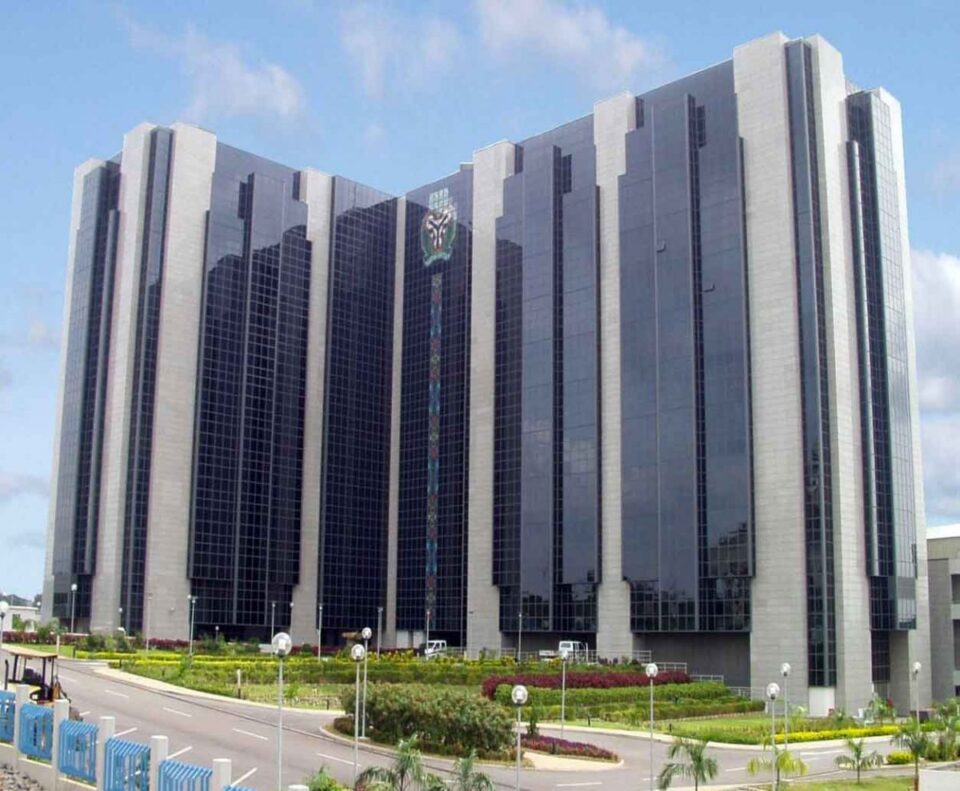By DAYO ADESULU
Key Reforms to Strengthen Nigeria’s Forex Market
In a significant move to enhance the efficiency and transparency of Nigeria’s foreign exchange market, the Central Bank of Nigeria (CBN) has established a minimum foreign exchange trade amount of $100,000 on the Electronic Foreign Exchange Matching System (EFEMS). This directive is set to take effect on December 2, 2024, marking a pivotal shift in the trading landscape.
Incremental Trade Sizes and Credit Limits
Effective immediately, the CBN mandates that all banks utilize the Bloomberg BMatch platform for their forex trading activities. The new guidelines specify that trades can only be executed in increments of $50,000. Additionally, participants are required to establish credit and settlement limits for other counterparties within the system, ensuring that transactions exceeding these limits will not be processed.
Enhancing Market Integrity and Efficiency
According to Dr. Omolara Duke, Director of the Financial Markets Department at the CBN, the adoption of the Bloomberg BMatch platform is expected to significantly improve the integrity and operational efficiency of the forex market. The platform will facilitate transparent and automated matching of trades, leading to enhanced market efficiency and better price discovery.
Call to Action for Banks
The CBN has urged all banks involved in the interbank forex market to implement the Bloomberg BMatch system to promote uniformity and seamless trading among market participants. This initiative will also empower the CBN to effectively monitor market performance and manage data.
The recent announcement from the Central Bank of Nigeria (CBN) regarding the new guidelines for forex trading on the Electronic Foreign Exchange Matching System (EFEMS) is a strategic initiative aimed at modernizing Nigeria’s foreign exchange market. Here are some key points to consider:
Background of the EFEMS
The Electronic Foreign Exchange Matching System is designed to streamline forex trading processes, allowing for more efficient transactions. By implementing an electronic platform, the CBN seeks to minimize manual errors, reduce the time it takes to match trades, and enhance overall market transparency.
Minimum Trade Amount and Incremental Sizes
The establishment of a minimum trade amount of $100,000, along with the incremental size of $50,000, aims to target larger institutional investors and reduce the volume of smaller, less impactful trades. This approach is expected to consolidate liquidity in the market, making it more robust and attractive to significant players.
Credit and Settlement Limits
The requirement for participants to set credit and settlement limits is a crucial aspect of risk management. By enforcing these limits, the CBN aims to prevent excessive exposure to counterparty risk, thereby enhancing the stability of the forex market. This measure is particularly important in volatile markets where large trades could significantly impact pricing.
The Role of Bloomberg BMatch
The choice of the Bloomberg BMatch platform is noteworthy due to its reputation for providing advanced trading solutions. It is designed to facilitate automated trade matching, which can lead to faster execution times and improved price discovery. This technological advancement is expected to attract more participants to the forex market and enhance its overall integrity.
Regulatory Oversight
With the new system in place, the CBN will have greater visibility into market activities, allowing for more effective monitoring and regulation. This oversight is essential for maintaining market confidence and ensuring that all participants adhere to established guidelines.
Implications for Market Participants
Banks and financial institutions will need to adapt to these new guidelines and invest in the necessary technology to comply with the CBN’s directives. This transition may involve training staff, updating systems, and ensuring that all trading activities align with the new standards.
Conclusion
The CBN’s initiative to implement these guidelines reflects a broader trend towards modernization and regulation in financial markets. By enhancing the forex trading framework, the CBN aims to foster a more efficient, transparent, and stable environment that can better serve the needs of investors and contribute to Nigeria’s economic growth. As the deadline approaches, market participants will need to prepare adequately to navigate these changes effectively.


